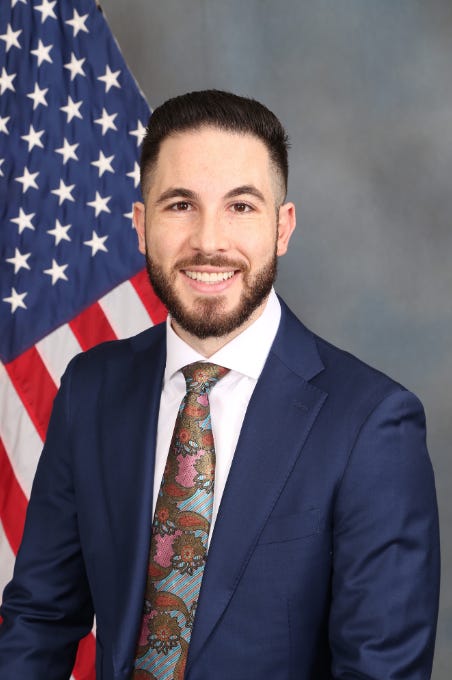Dearborn Mayor Vows to Arrest Netanyahu, Sparking Controversy Over ICC Warrants
Abdullah Hammoud, the mayor of Dearborn, Michigan, has ignited a fierce debate by declaring that his city would arrest Israeli Prime Minister Benjamin Netanyahu if he were to enter city limits. This bold statement comes in the wake of the International Criminal Court (ICC) issuing arrest warrants for Netanyahu and former Defense Minister Yoav Gallant on Thursday. Hammoud, whose city boasts the largest concentration of Arab Americans in the United States, shared his stance on social media platform X, stating, "Dearborn will arrest Netanyahu & Gallant if they step within Dearborn city limits." He further urged other cities to follow suit, asserting that while the president may not take action, city leaders can ensure that "Netanyahu & other war criminals are not welcome to travel freely across these United States."The ICC's decision to issue arrest warrants stems from allegations of war crimes and crimes against humanity committed in Gaza since October 7, 2023. The court also issued a warrant for Mohammed al-Deif, a senior Hamas leader in Gaza, citing similar charges.
This move by the ICC has been met with mixed reactions globally. Arab-American organizations and advocacy groups have welcomed the decision, with the Arab American Anti-Discrimination Committee calling it "a critical step toward accountability for grave violations of international law." Dr. Osama Abu Irshaid, executive director of American Muslims for Palestine, described it as "a monumental moment in the pursuit of justice for Palestinians."However, the United States, which is not a signatory to the Rome Statute that established the ICC, is not obligated to comply with these warrants. The Biden administration has expressed deep concern over the ICC's decision, fundamentally rejecting the warrants. Mayor Hammoud's declaration, while symbolic, faces significant legal and practical challenges. Local police must defer to federal authorities in matters involving high-profile state actors, and U.S. law would take precedence over international warrants.
The mayor's statement has sparked a backlash, with some critics threatening to report him or calling for his citizenship revoked. These reactions highlight the deep divisions and sensitivities surrounding the Israeli-Palestinian conflict within the United States. As the situation unfolds, it remains to be seen how this symbolic gesture by a local U.S. official will impact the broader discourse on international justice and the ongoing conflict in Gaza. The ICC's reliance on member states for enforcement means that the practical implications of these warrants, particularly in non-member countries like the U.S., are limited. This incident underscores the complex interplay between local politics, international law, and global conflicts, raising questions about the role of city-level officials in international affairs and the enforceability of ICC warrants in non-member states.



